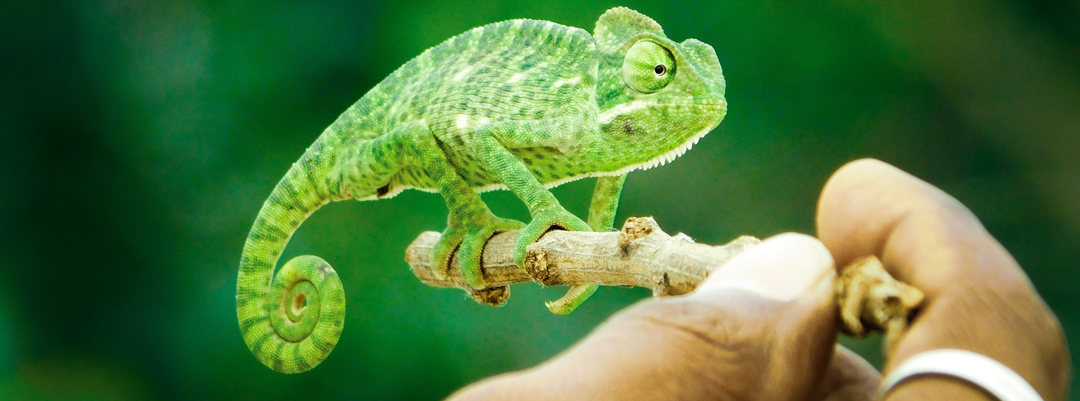Exotics
Does my non-traditional/exotic pet need yearly exams?
Reptiles
Most of our “scaly” pets in captivity will benefit from a yearly exam with the veterinarian. Although there are not any vaccines that are given, the visit will always start with a thorough physical exam with a discussion on any weight changes and growth rates. A complete review of the diet, including any changes in appetite, and other issues are important topics to discuss. The needs of your pet will change as they get older, so a once-a-year visit is a great place to address these issues. This visit is even more important in turtles and tortoises that live outdoors and may be hibernating. Pre- and post-hibernation exams are critical for these animals as they can be at risk for disease during these stressful times.
Birds
For our feathered friends, vaccines are not routinely necessary unless they are in a breeding situation or aviary. If that’s the case, then an onsite exam/visit at least twice a year is the best preventative medicine. But for our birds that are indoors and truly pets, a yearly trip to the veterinarian is just as important as it is for our cats and dogs. Beak and toe nail trims are routine maintenance for birds. It is vital to do a complete exam and discuss issues such as diet, weight gains (or losses), feather growth and other health issues. In fact, having your bird weighed on a regular basis is a great way to monitor changes in health. It is also very important to address behavior problems as they arise before they get out of control! As our birds get older and live longer with us, signs of disease can be subtle and easy to miss. We can discuss doing routine blood work, radiographs, and other diagnostic tests as good preventative medicine to ensure their health.
Small Mammals
Vaccines are not part of the routine healthcare for our rabbits, guinea pigs, chinchillas, rats, hamsters, or other small pets. But annual doctor examinations are just as important for these pets for many reasons; for one, they tend to show old-age problems faster than our larger animal friends. Geriatric problems and other health issues arise quickly, so veterinary care can be an integral part of maintaining a healthy pet for as long as possible. Diets are readily available from most pet and/or feed stores, but you might be surprised by what is truly healthy as opposed to what is offered on the shelf! These and other important issues can be covered during the yearly physical exam.
Ferrets
Ferrets are fast becoming one of the most popular pets in America, third only to dogs and cats. They are easy to keep and care for and have “clown-like” antics that will keep you entertained for hours! They are strict carnivores with very specific dietary needs; also, they are the only “exotic” pet that requires routine vaccines as a kit (a young ferret less than six months old) and yearly after that. Ferrets are susceptible to some of the same conditions as cats and dogs, and are prone to certain types of cancer as they get older. Yearly exams and vaccines (for distemper and rabies), by a veterinarian familiar with this species, are extremely important for ferrets. With a lifespan here in the USA of about 7-9 years, a visit once a year can be critical for ensuring a long, healthy life.
